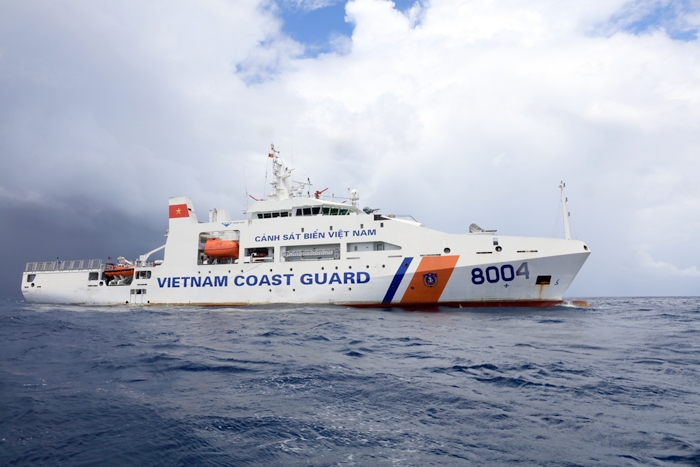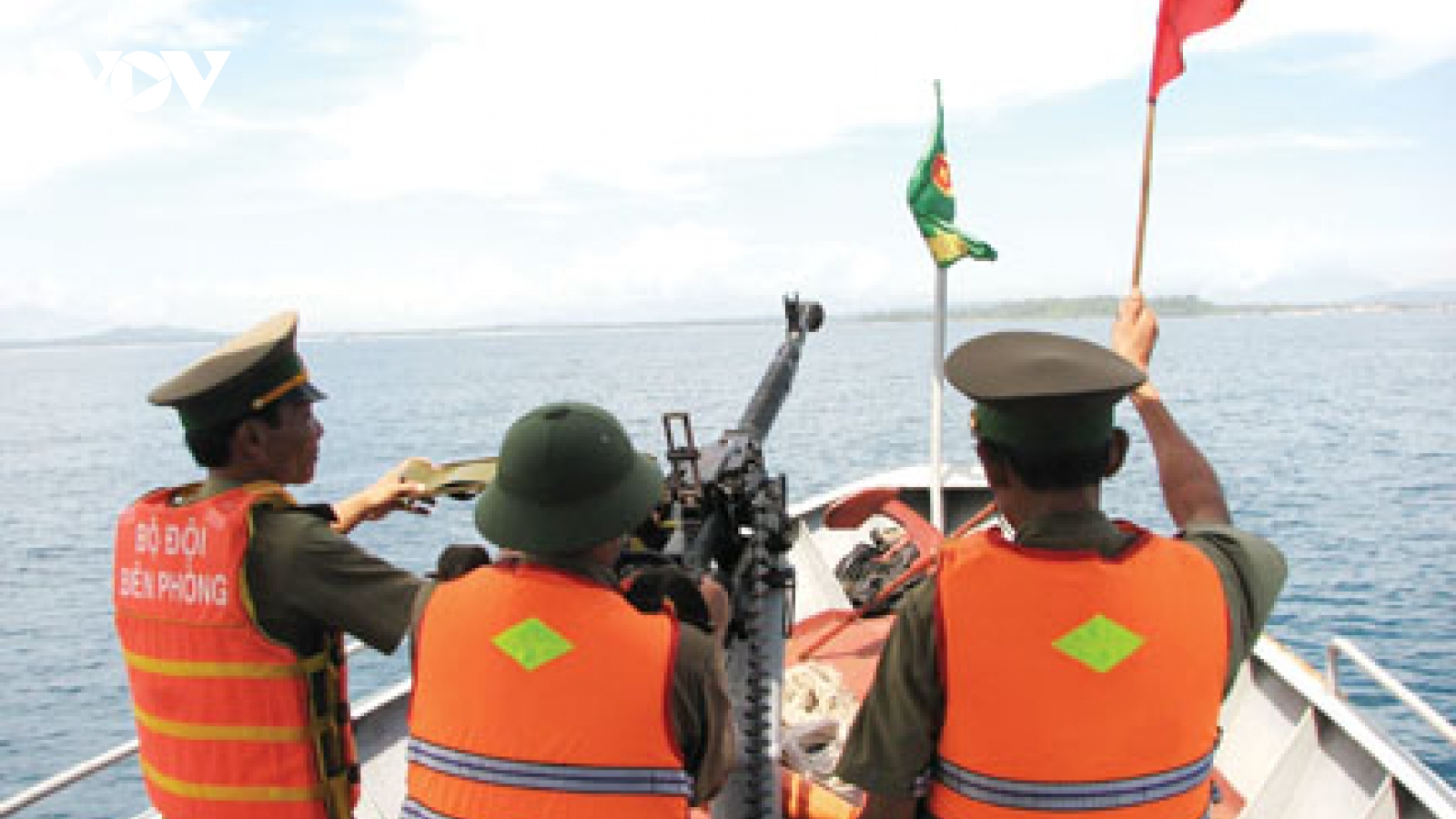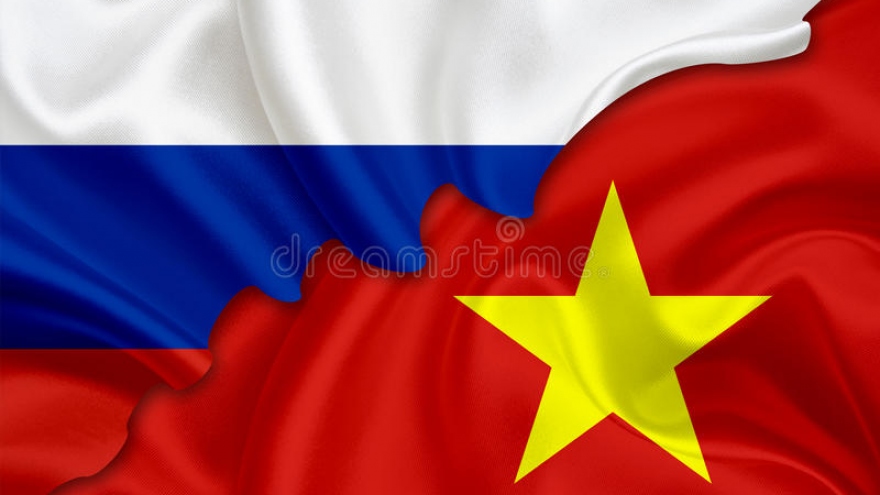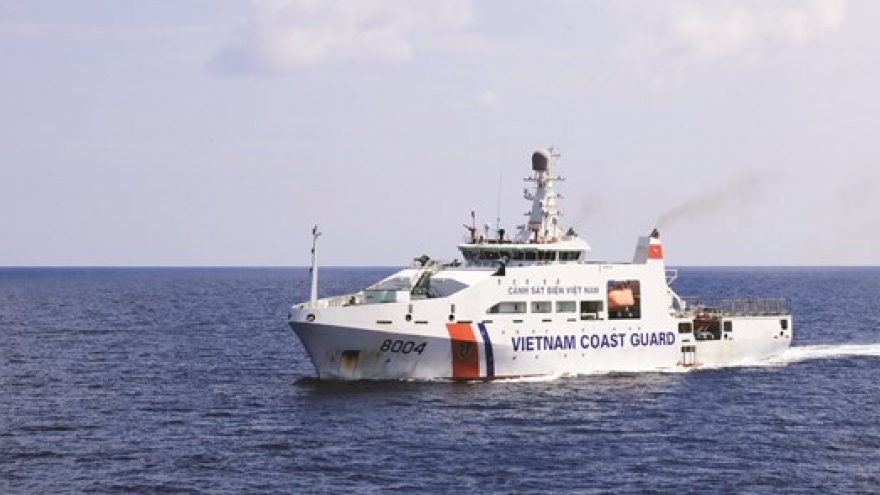South African journalist hails Vietnam’s stance on maritime security
VOV.VN - South African media outlet The Diplomatic Society has recently published an article by Kirtan Bhana, the site’s founder and editor-in-chief, highlighting the stances of both Vietnam and India on maritime security.
In the article, Bhana emphasised that during debut UN Security Council Open Debate on Enhancing Maritime Security held virtually on August 9, Vietnamese Prime Minister Pham Minh Chinh acknowledged the 1982 UN Convention on the Law of the Sea (UNCLOS) as the Constitution of Oceans and Seas. This is an acknowledgement that the legislation is the universal and unified legal framework within which all activities in the oceans and seas must be carried out, along with being the basis for international co-operation to address common challenges globally.
The Vietnamese Government chief highlighted an array of traditional and non-traditional security challenges at sea, including terrorism, criminal acts, especially organised crime, climate change, rising sea levels and pollution of the marine environment. PM Chinh added that unilateral acts which violate international law, along with threats or use of force, serve to escalate tensions and impact peace, friendship, security, safety, and freedom of navigation and trade, as well as efforts to deal with non-traditional security challenges.
The journalist also quoted PM Chinh’s three proposals made during the open debate. Firstly, it is imperative that states and international organisations develop a comprehensive, extensive, and broad awareness of the importance of oceans and seas, along with the threats to maritime security. Secondly, maritime security is a global issue and therefore requires global solutions to be provided through a network of arrangements and initiatives for regional maritime security with the UN working as the co-ordinator to intensify information and experience sharing.
This should be done to co-ordinate actions and address common challenges in a timely manner. Thirdly, policies, regulations, and conducts of states at sea must be in line with international law, especially the UN Charter and the 1982 UNCLOS.
PM Chinh went on to reaffirm the country consistently pursues a foreign policy of peace, independence, self-reliance, multilateralisation, and diversification of international relations, as a trusted friend and partner, whilst being a reliable member of the wider international community.
He affirmed the nation’s readiness to co-operate, exchange information, and share experiences with other countries in efforts to address maritime security issues. Indeed, this can ultimately help to make contributions to the maintenance of a peaceful and secured maritime environment, and the sustainable development of the region and the world, the author wrote.




